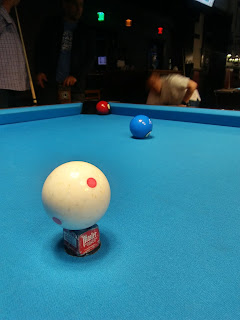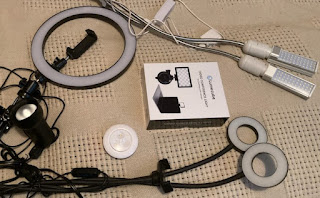Friendship vs. Dying: Excerpt from my upcoming book on Surviving Someone Else's Cancer
In the course of building relationships, there is always a risk of giving
away too much or withholding too much. It’s a delicate ballet. Compromises are
made; boundaries are sometimes forgotten, or put aside for later.
When you’ve made an emotional pact with someone who is dying, boundaries
are hijacked. There is now a third party in the relationship: death. Death is a catalyst. it doesn’t do the
judging but puts a finger – or two – on the scale with which you weigh your
decisions. Death is the stone in your shoe. Do you stop, shake it out and risk
toppling over, or do you continue with the pain in order to keep your
perception of balance? It’s not a horrible pain. You aren’t the one who’s
dying.
Death is an unknown variable. It’s also contextual, as the person who’s
doing the dying measures it differently than the person who is watching the
relationship wither. How long the process will take is never clear. How much
more to invest is never clear, but seems obvious. Surviving seems to be the
consolation prize of not dying; therefore, no expense is too great to ease the
unknown suffering of the terminally ill.
“Put on your own oxygen mask first” is the traditional wisdom, and it is
wise. When the mask is allegorical, though, how can you tell whether it’s
fitting correctly? How can you tell it’s there?
Your load seems balanced, there’s a rock in your shoe, and nobody is
dying right now. You don’t talk about this with others, because they will be
horribly interested for the duration of the conversation. They will hug,
squeeze hands, offer support, and then wait for you to call.
How do you call someone and say you just really can’t stand to cook
another meal that will be refused? How
do you call someone and ask that they make sure the kid gets ready for school
on time because you’re cleaning up vomit in the bedroom again? How do you say
no, thank you, I’d love to come over but I’m really exhausted – you see, there
was this shower incident yesterday where he passed out and blocked the door,
and he’s heavier than I realized, and I couldn’t…
Is the exhaustion mental or physical? What kind of a person are you if you
admit you’re exhausted? It could be worse.
You could be dying. It’s easier to not ask, to not put friends in the
position to say,
“Sorry. I don’t have room for your load right now.” They aren’t wrong to
say it. They sympathize.
The weight of sympathy can be overwhelming. It threatens to upset the
perceived balance. There’s a rock in your shoe, your load is balanced, and
suddenly someone is coming at you with a Styrofoam donut on the end of a rope.
You instinctively question motives.
Is sympathy not crippling? Is it not disingenuous? Naïve? Will it offset
the balance and allow the stone in your shoe to knock you over after all? If an
empathic friend happens to truly feel your pain, is it fair to risk taking him
down with you?
Hypoxia can kill you. Put your own oxygen mask on first. Take the flotation device. You don't have to do it all.
It's likely that the person on the other end of the rope has been in the water where you are. If you aren't ready, just say No, thank you. Not Right Now. Don't hoard your weight - there is absolutely no way of knowing what tomorrow will bring.
You can say No, thank you, but don't bolt the door, don't get defensive, don't present a brave front. Leave the door open a crack. And if you make the call, and your friend says Not Right Now, please try again later. They will appreciate another chance.
It's likely that the person on the other end of the rope has been in the water where you are. If you aren't ready, just say No, thank you. Not Right Now. Don't hoard your weight - there is absolutely no way of knowing what tomorrow will bring.
You can say No, thank you, but don't bolt the door, don't get defensive, don't present a brave front. Leave the door open a crack. And if you make the call, and your friend says Not Right Now, please try again later. They will appreciate another chance.











You are a great writer, and an even better, thinker. And an even better than that, person.
ReplyDelete